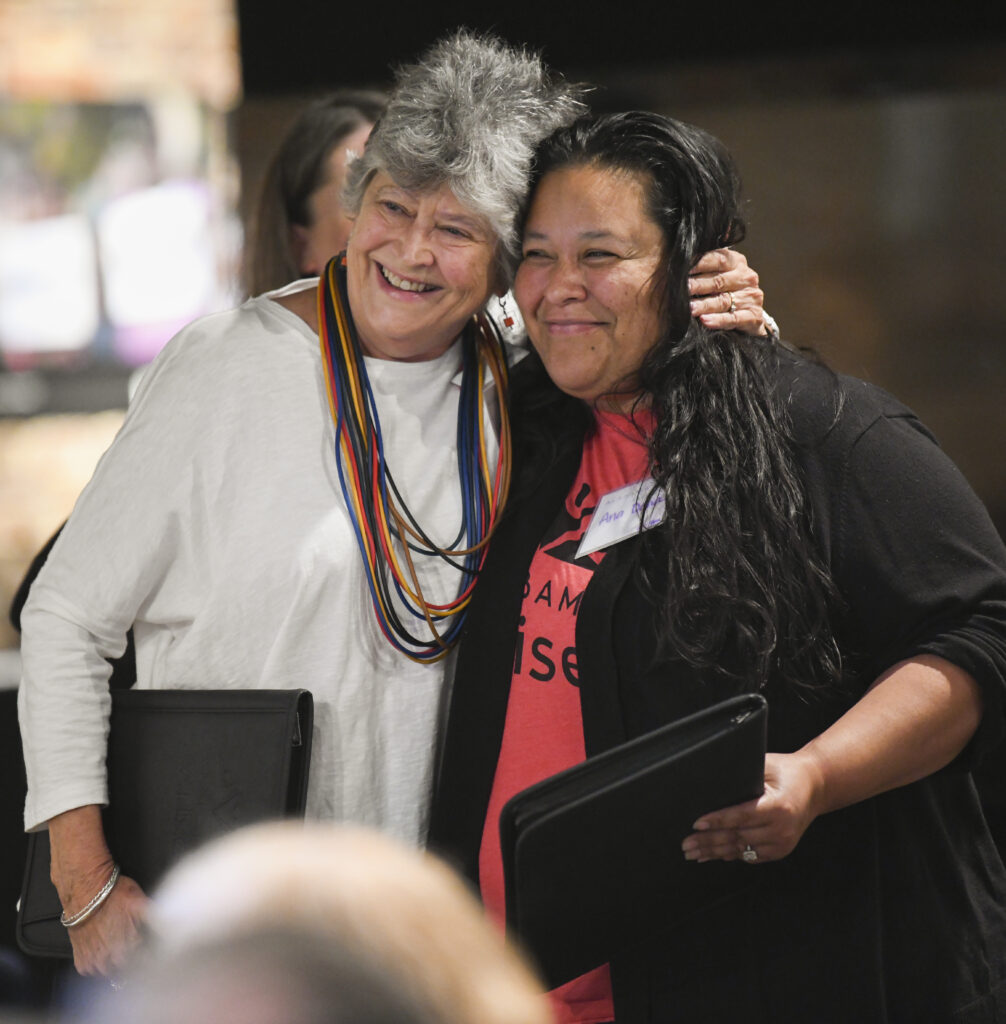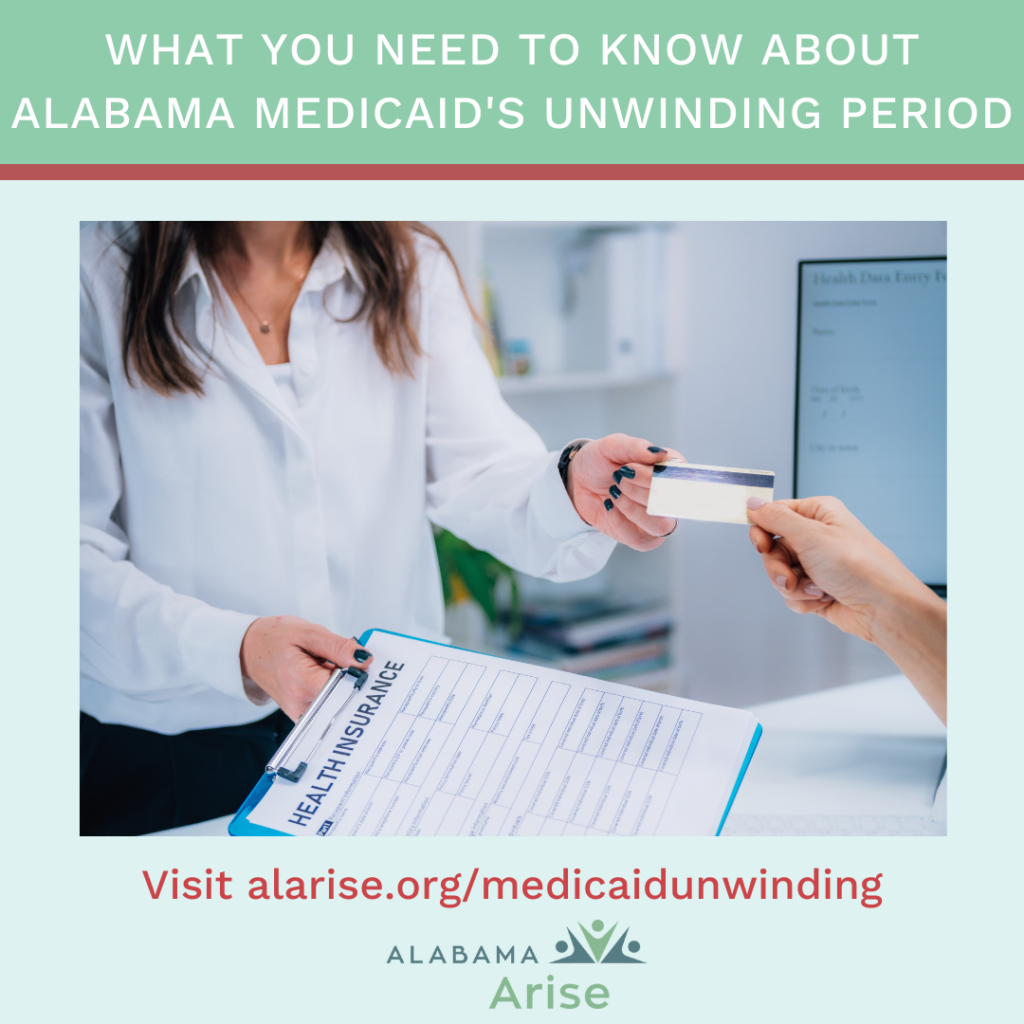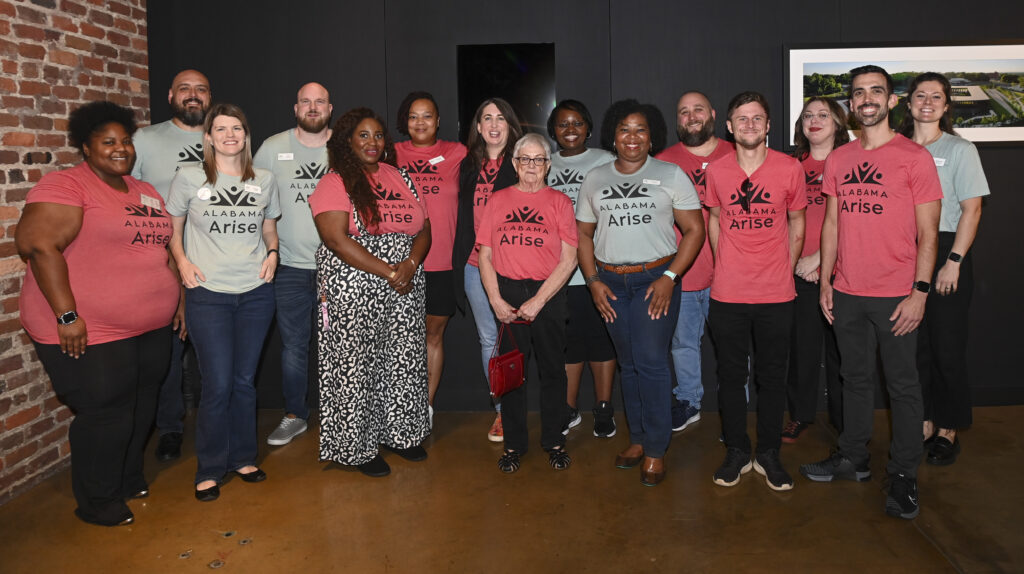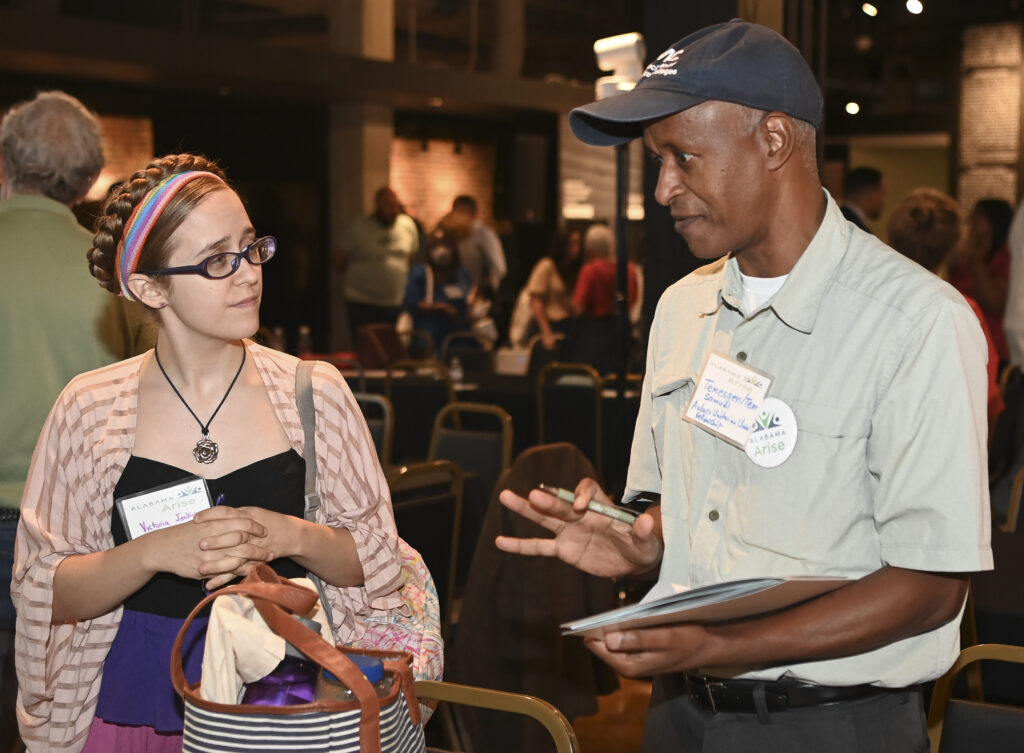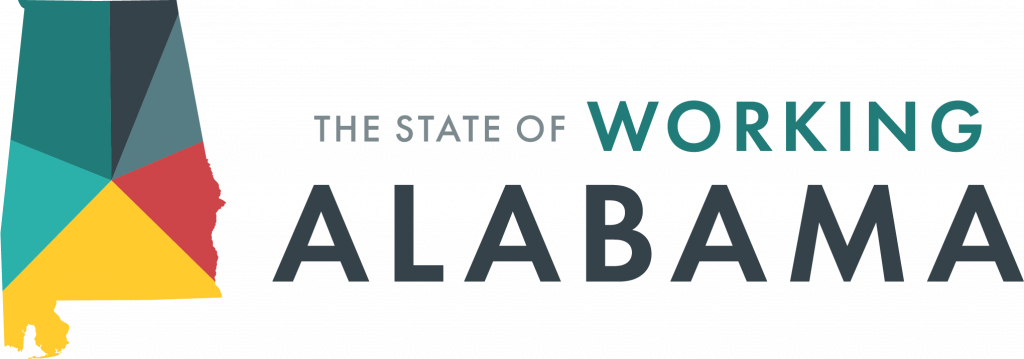Arise’s Akiesha Anderson catches everyone up on a busier-than-normal first week of the Alabama legislative session and previews an additional busy week ahead. Anderson discusses what’s been happening with a harmful bill that would create more barriers to absentee voting and provides an update on the future of the state sales tax on groceries.
Greetings! Akiesha Anderson here, policy and advocacy director for Alabama Arise, and I am thrilled to be here to provide you with your weekly legislative update.
We have ended the first week of the legislative session and are now entering into week two. During the first week of session, both chambers ate through three legislative meeting days rather than their normal two. That simply means that they are moving faster than usual.
Also during this first week, a very controversial bill — SB 1, sponsored by Sen. Garlan Gudger — was heard in a Senate committee and had a public hearing. This piece of legislation, if passed, could criminalize people who assist others with voting absentee. Thus, it was wonderful to see so many familiar faces, some Arise members and just fellow Alabamians, show up at the committee meeting in which this bill was being heard to testify against it.
There were way more people who testified in opposition to this bill than people who testified in support of it. Unfortunately, however, despite Sen. Gudger asking for this bill not to be voted on last week, leadership overruled that request, and senators unfortunately voted it out of committee directly along party lines. It is very likely now that this bill we will be heard and voted on by the full Senate chamber as early as Tuesday of this week.
Also on the slate for this week is a grocery tax commission meeting. I am grateful to have the honor of serving on this commission, and I look forward to gleaning more about where the state stands and its efforts to continue to reduce the grocery tax.
As you may know, budget hearings took place last Monday and Tuesday, and it was reported that fiscal projections for the upcoming fiscal year are not high enough in the ETF for the second cent to be reduced off the grocery tax this year. That is truly unfortunate and something that I really hope that the commission can attempt to address when we meet today. If you are able, I encourage you to tune in or to watch the replay of this commission meeting. It should be on the Alabama Channel, which is run by our friends from the League of Women Voters. And if you tune in, you might see a familiar face presenting at this meeting.
In addition to the grocery tax and voting rights being topics of discussion this week, so too will be gaming. Last week, HB 152, sponsored by by Rep. Blackshear, was introduced, and while Arise currently has no formal position on this legislation, seemingly, if passed, some of the money that comes in from gaming could possibly be used to fund a number of Arise priorities. Thus we will be closely monitoring and keeping you updated on this legislation throughout session.
Worth noting, this piece of legislation could be up in the House’s Economic Development and Tourism Committee as early as this Wednesday and on the floor of the House as early as the following day, which will be this Thursday.
Thank you for tuning in. I look forward to keeping you posted on what happens throughout the rest of the legislative session.

